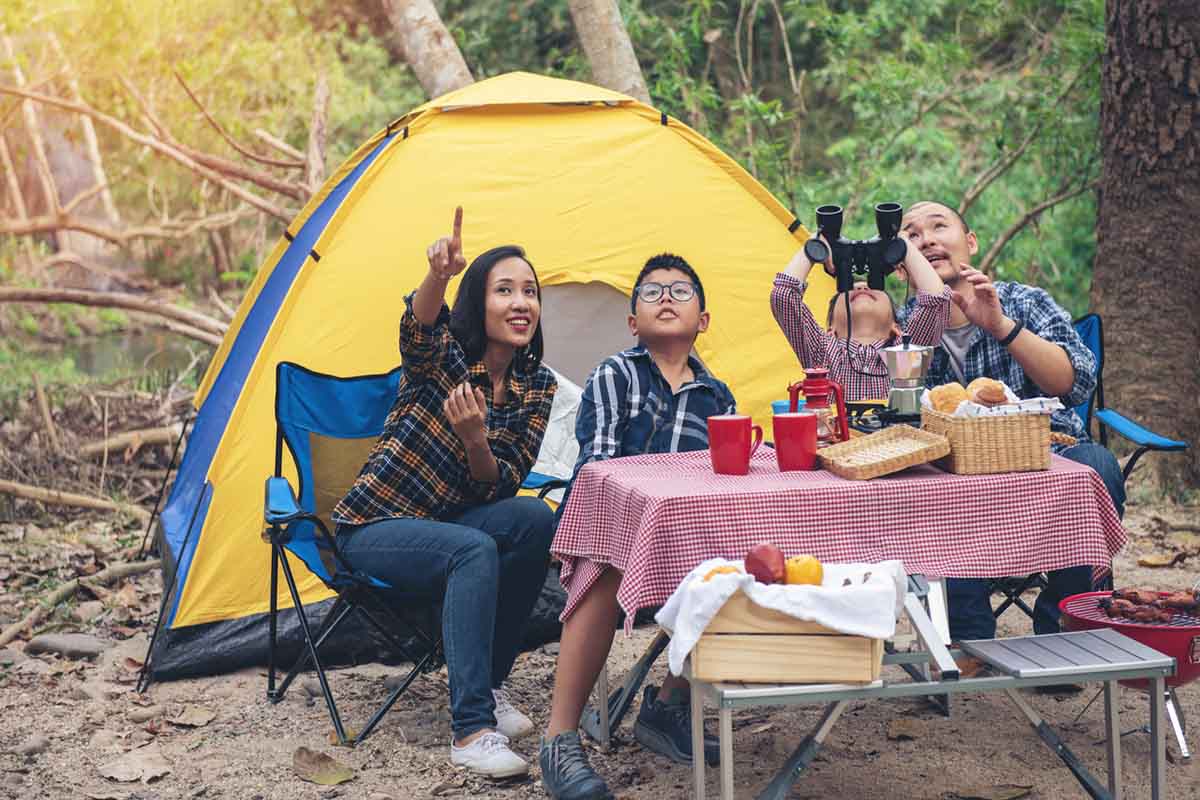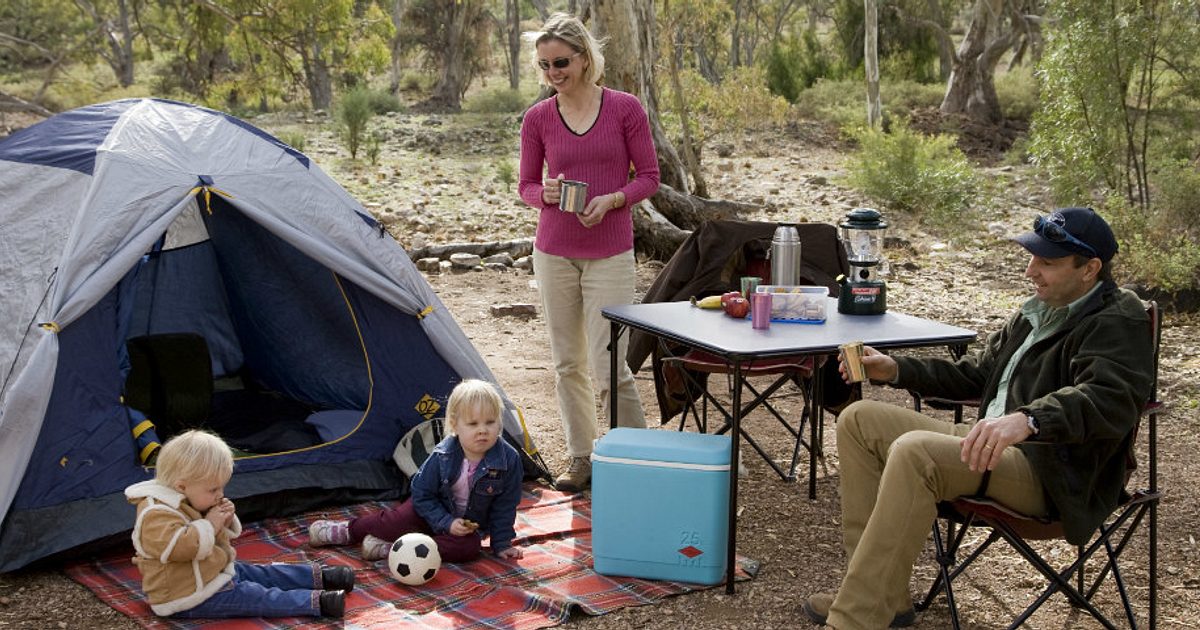Camping is a wonderful opportunity to disconnect from the hustle and bustle of everyday life and reconnect with nature. However, amidst the tranquility of the outdoors, it’s crucial not to overlook safety and security. While enjoying the serenity of the wilderness, it’s important to take necessary precautions to protect yourself and your belongings. Here we will discuss essential camping security measures to ensure a safe and enjoyable outdoor experience.
Choose a Secure Campsite
Selecting a safe and secure campsite is the first step in ensuring your camping experience is enjoyable and secure. When choosing a site:
Proximity to Help: Opt for campsites that are located relatively close to trails, roads, or other people. This way, you’ll have assistance nearby in case of emergencies.
Avoid Hazardous Areas: Steer clear of areas prone to flooding, rockfalls, or other natural hazards. Make sure your chosen spot is not directly under dead branches or on uneven terrain.
Visibility: Choose a spot with good visibility. Being able to see your surroundings helps you stay aware of any potential threats.
Set Up Early
Arrive at your campsite with plenty of daylight remaining to set up camp. This not only makes the process more manageable but also ensures you’re not setting up in the dark, which can be disorienting and less secure.
Keep a Low Profile
While you want to enjoy nature, it’s also important to maintain a low profile. Avoid making excessive noise, as loud sounds can attract wildlife and potentially unwanted attention from others in the area.
Lock Up Valuables
Your belongings should be secured at all times. If you’re leaving your campsite, lock up valuables in your car or a secure container. This includes items like electronics, wallets, and important documents.

Personal Safety Measures
Travel in Groups: If possible, camp with a group. There’s safety in numbers, and having others around can deter potential threats.
Share Your Plans: Let someone know about your camping plans, including your intended route and return date. This way, if you don’t return on time, help can be sent to your last known location.
Self-Defense: While encounters with dangerous wildlife or people are rare, it’s wise to be prepared. Carry basic self-defense items like a whistle, 23 gauge shotgun, bear spray (if camping in bear country), or a personal alarm.
Fire Safety
Campfire Safety: If you’re lighting a campfire, do so in designated fire pits and keep it under control. Never leave a fire unattended, and ensure it’s fully extinguished before leaving the site or going to sleep.
Cooking Safety: When cooking, keep flammable items away from open flames, and make sure stoves are stable on a flat surface.
Respect Wildlife
Food Storage: Keep food stored in airtight containers and away from your sleeping area. This helps prevent wildlife from being attracted to your campsite.
Avoid Feeding Animals: Feeding wildlife can lead to dangerous situations, as animals may become aggressive in their pursuit of food.
Stay Informed
Stay updated on weather forecasts and local regulations. Sudden weather changes can impact your safety, so having this information on hand is crucial.
Conclusion
Camping provides a chance to connect with nature, unwind, and rejuvenate. By following these essential camping security measures, you can ensure a safe and enjoyable experience. Remember that preparation and vigilance are key to creating lasting memories without compromising your safety or the security of your belongings.

